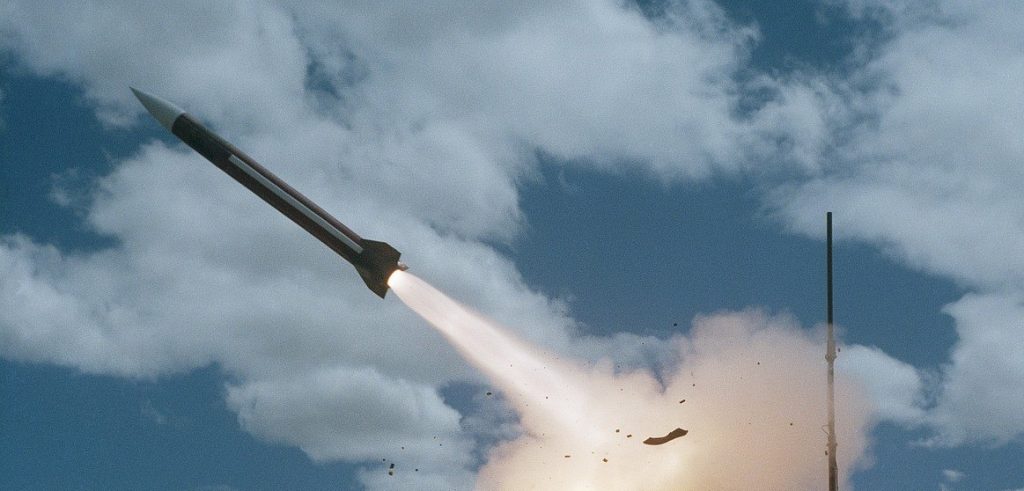
Is Israel responding forcefully to terror attacks from Gaza? The answer depends on who you ask. While officials continue to make boastful claims, Israelis are growing tired of empty words and meaningless actions.
Following the latest rocket barrage on Friday, the Israel Defense Forces announced a series of strikes on Gaza targets. The army provided a long list of bombed terror sites and vowed to take further action if necessary. On Sunday, Minister Yuval Steinitz told Reshet Bet Radio that the IDF’s response was “very powerful.”
However, Israelis on social media were unimpressed, and quickly made this clear with disparaging remarks.
One Twitter user urged the IDF to “cut the bullshit” and stop targeting “useless buildings and mostly sand dunes.” Another one tweeted: “You did nothing. You should be ashamed to publish this.” A third one wrote: “Stop deceiving the public. Who are you trying to fool?”
Steinitz’s comments elicited similar disdain. One member of an online forum wrote that “the sand dunes in Gaza were hit really hard.” Another post urged the government to stop lying to the public.
Netanyahu Soft on Gaza Terror
Meanwhile, politicians from across the political spectrum also suggested that official statements were exaggerated.
Likud Knesset Member Gideon Sa’ar said that the response to Friday’s rocket attack should have been “much harsher,” while MK Avigdor Lieberman denounced the government’s “policy of surrender.” MK Yair Lapid called for more aggressive military steps and accused Prime Minister Benjamin Netanyahu of appeasing terror groups.
Indeed, both Lapid and the frustrated Israelis on social media are right. For over a year now, Netanyahu’s government has adopted a policy of restraint and appeasement in Gaza in an effort to avert an all-out war.
As part of this policy, Israel is settling for limited responses to attacks from the Strip. Moreover, Netanyahu is permitting Qatar to bankroll Gaza’s rulers, thus provoking charges that Israel is in essence bribing Hamas to keep the peace.
Israeli Deterrence Hurt
It should be noted that there is some merit to Netanyahu’s approach. Most experts agree that Israel should not seek to reconquer the Strip and topple Hamas in light of the expected costs and complications. Observers also argue that a more limited war would not bring about a significant change.
The problem lies in the Israeli effort to have it both ways, namely to maintain a restrained policy while pretending to do the opposite. The result has backfired, both militarily and politically.
By now, Hamas and other terror groups in Gaza have learned to ignore bombastic Israeli threats and statements. This has considerably eroded Israel’s deterrent power, and more so, its credibility. Terrorists fire rockets at will, allow Israel to bomb empty real estate, and move on to the next adventure.
Domestically, as reflected in online conversations, more Israelis are losing faith in the government’s ability to handle the Gaza dilemma. What’s worse, they no longer believe what the government says. Such deepening mistrust could carry grave consequences in a democracy, which requires mutual trust between citizens and leaders to function properly.
The time has come to tell Israelis the whole truth about their government’s policy in Gaza. If they do not like what they hear, they will have their say in the polling booths. For now, they are airing their views and frustrations online. The country’s political and military leaders would do well to listen.


